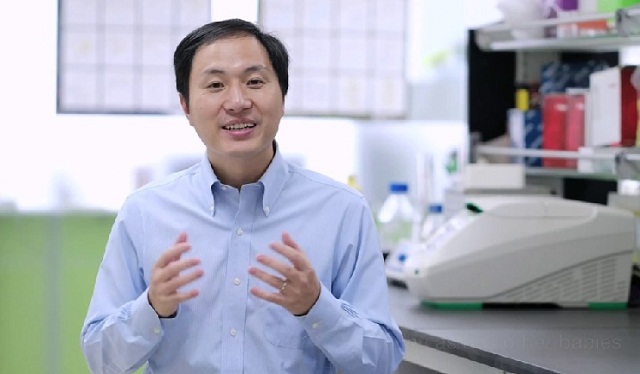
He acknowledges the ethical issues raised by advancing technology. But the transhumanist position is that modifying future generations to impact heredity is not in itself abominable.
“Why would that necessarily be a bad thing?” he asks. “There is no longer any debate on these questions. We are condemned on principle but people have forgotten why.”
Transhumanists see no reason why they cannot experiment with things that are already technically possible: retinal implants so you can see on the infra-red spectrum; cochlear implants so you can pick ultrasonic sounds.
That does not sit well with Edouard Kleinpeter, a research engineer at France’s National Centre for Scientific Research (CNRS).
“Transhumanist theories rest on very materialist concepts of the body, of consciousness…,” he says. “For them, there’s no difference between a brain and a microprocessor.”
– More than human: for a price –
Jarrasse, over at ISIR, raises another problem.
The people preaching for the technology that is going to save humanity are sometimes the same ones selling it.
For them, the human body is a new market.
“Political, strategic or economic decisions must not be taken on the basis of … the economic interest of companies promising a science fiction future, start-ups talking up incredible products,” says Jarasse.
That might push research away from where it is really needed, he warns.
Transhumanism says more about who we are today than who we will be, argues Kleinpeter at the CNRS. Its dreams of technologically acquired powers ignores our basic fragility.
The only consensus appears to be on the need to think carefully about the future that we want, on what role to give the technology being developed.
“What worries me is that the world is already spectacularly unequal and getting more so,” says Whitby at the University of Sussex.
“This technology is part of the privilege of a tiny group of very rich people. I worry that they will use it to make themselves even richer. Do we want this sort of future?”
 The Independent Uganda: You get the Truth we Pay the Price
The Independent Uganda: You get the Truth we Pay the Price





